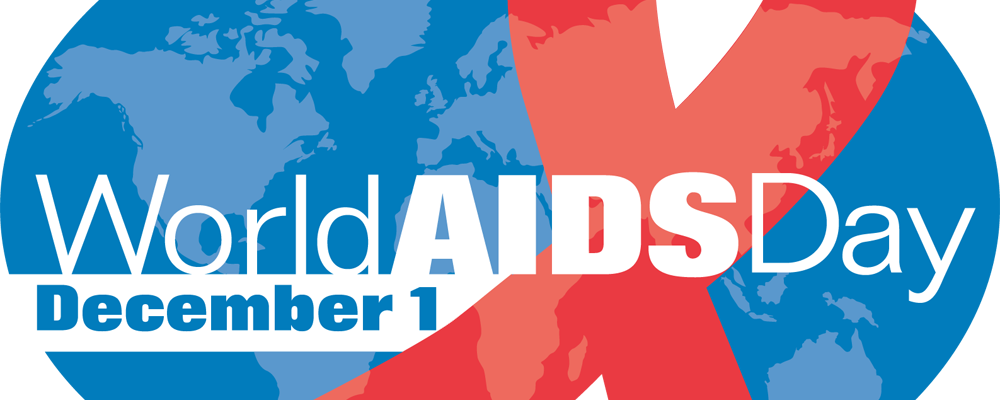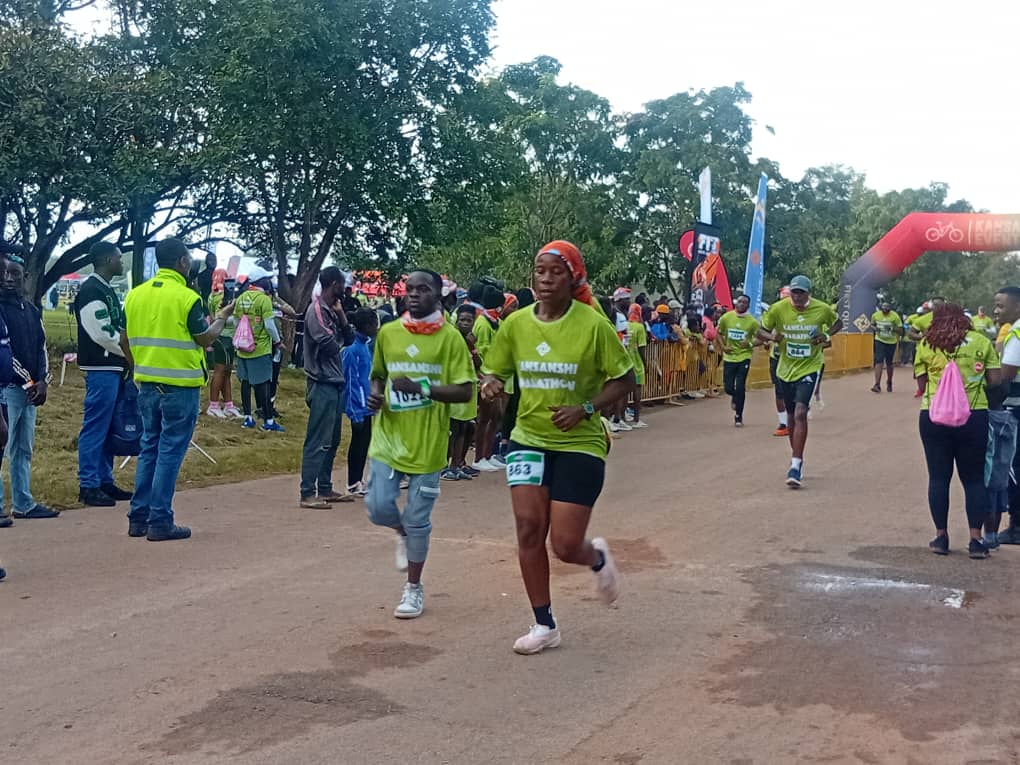By Derrick Silimina
As Zambia joins the rest of the world in commemorating World AIDS day, the Ministry of Health has urged the general citizenry to rally together and confront the inequalities that drive HIV/AIDS.
The national event is scheduled to be held at Matero stadium in Lusaka where a wide range of services including HIV testing and Covid -19 vaccinations will take place.
After the government’s recent position to undertake the “Mandatory Vaccination” exercise against the will of those against the Covid-19 vaccines, debate ensued across the country forcing Minister of Health Sylvia Masebo to clarify on her earlier Covid-19 national update.
“We stated, in clear terms, that the Government is not compelling anyone to get vaccinated against their will. Citizens have every right to choose whether to get the dose or not,” Masebo said.
She reiterated that the government will not take the rights of citizens away but has a collective responsibility to safeguard lives and one such way is through vaccinations, more reason for its push towards the vaccination program.
Meanwhile, the National Food and Nutrition Commission says inadequate access to better, safe and adequate nutritious food by people living with HIV/AIDS has continued to be a hindering factor to improved health for people living with HIV/AIDS.
In a press statement, the commission has observed that despite a reduction in the number of HIV/AIDS infections and deaths in general, there is still a rise in new infections among young people and that most of the infected people are not consuming a healthy and balanced diet.
“Although there is a reduction in the number of HIV infections and deaths in general, HIV infections have continued to rise among young people,” the commission stated.
According to the Zambia Demographic Health Survey of 2018, Zambia has a generalized HIV percentage of 11.1% with women being more infected at 14.2 percent.
The commission has warned that poor nutrition contributes to poor health among people living with HIV/AIDS and consequently leads to high mortality cases and consequently high levels of malnutrition in HIV positive children and lactating women fuels deterioration of their health and render ART medication ineffective.
The commission has encouraged citizens to consume plenty of fruits and vegetables, lean protein foods such as lean beef, fish, eggs, beans, nuts, whole grain foods, vitamin A and carotenoids in the form of liver, milk, pawpaw, carrots, mangoes, and green peppers.
Communities have also been encouraged to feed on foods that are rich in vitamin B such as potatoes, water melons, avocado, as well as vitamin C rich foods, which include lemons, oranges and iron rich foods to strengthen the immune system.
“Particularly in this rain season, many communities can easily access most of the green vegetables such as chibwabwa, bondwe and other vegetables as well as some available local fruits like mangoes, Masuku, and Mfungo” read part of the statement.
This year’s World AIDS Day is being observed today December 1, 2021, under the theme “end inequalities, end AIDS, end the pandemic, the National Food”.









Leave a Reply